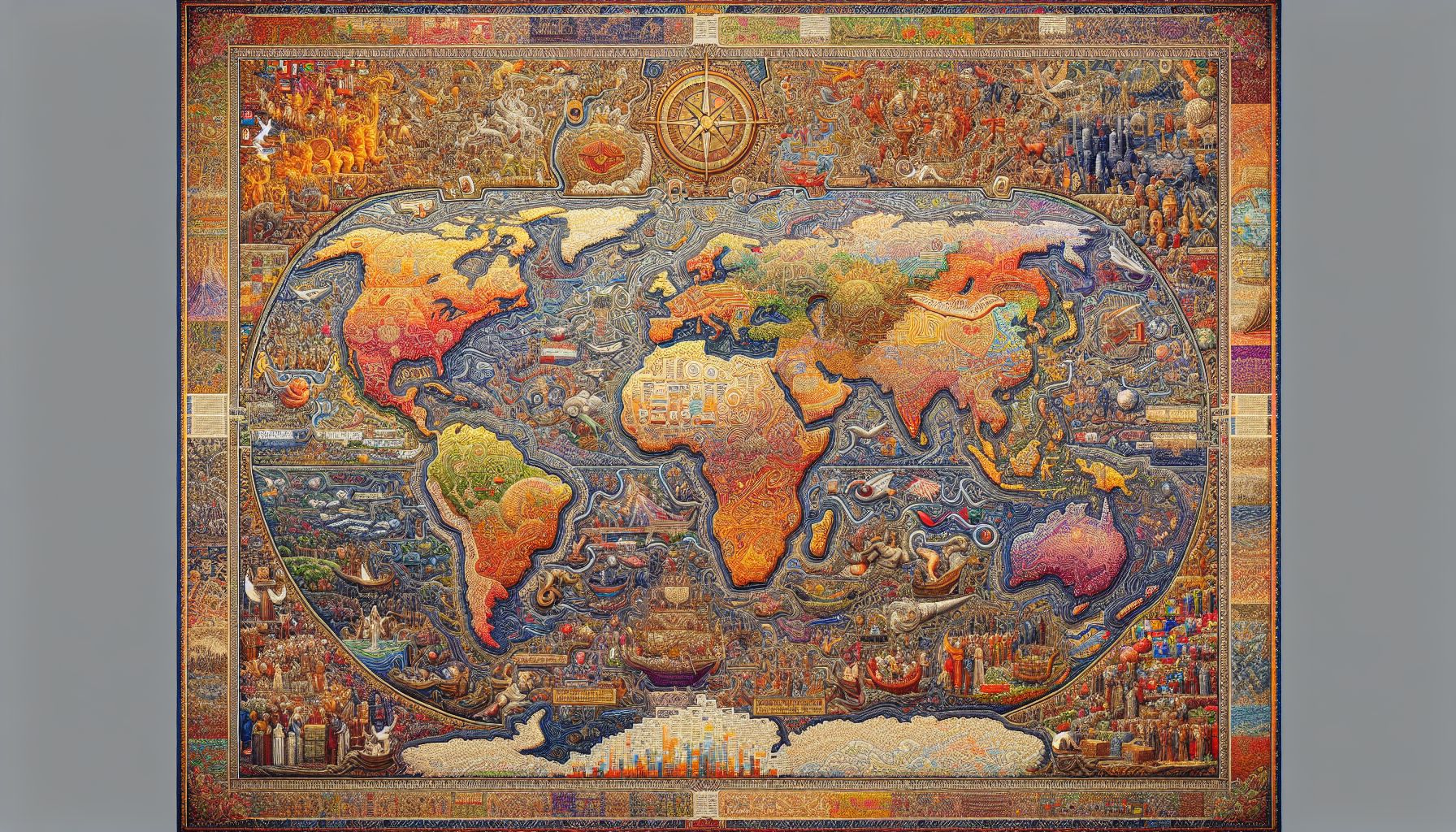In today’s fast-paced world, staying informed has become an essential part of our lives. The news landscape is a constant whirlwind of information, with headlines screaming for our attention from every direction. But how accurate are these stories? Can we trust the information presented to us? In an era dominated by fake news and misinformation, the battle for truth has become a mind game of its own.
One key event that brought this battle into the limelight was the 2016 United States Presidential Election. During the campaign, fake news stories flooded social media platforms, swaying public opinion and sowing seeds of doubt. It became evident that false narratives and propaganda had the power to influence the outcome of a major election. This eye-opening revelation shook the very foundations of journalism and media ethics.
The multifaceted nature of news events, especially those laden with misinformation, requires a deeper examination of underlying causes, impacts, and potential future scenarios. Firstly, the rise of social media platforms as primary sources of news has played a significant role in the dissemination of fake news. The algorithms that govern our newsfeeds are designed to keep us engaged and interested, often prioritizing sensationalized or clickbait content. This creates an echo chamber where misinformation spreads rapidly, confirming existing biases and reinforcing distorted perspectives.
Moreover, the erosion of trust in traditional media outlets has fueled the fake news epidemic. With the rise of partisan journalism and the blurring of lines between news and opinion, it has become increasingly difficult for the average news consumer to discern fact from fiction. In a world where news is consumed in bite-sized snippets, sensational headlines and soundbites tend to overshadow the nuanced realities of complex issues.
The impacts of fake news are far-reaching and profound. Misinformation can sway public opinion, undermine democratic processes, and even incite violence. The consequences of false narratives have been vividly illustrated in recent years, with real-world incidents such as the Pizzagate conspiracy and the “infodemic” surrounding COVID-19, leading to dire consequences. The rapid dissemination of unverified information can also create panic and confusion, hindering collective efforts to address pressing global challenges.
Looking to the future, the battle for truth will only intensify as technology continues to advance. Deepfakes, AI-generated videos that manipulate reality, present a new frontier in the realm of misinformation. In a world where seeing is no longer believing, the authenticity of visual evidence will become even more crucial to verify. Combating fake news will require a multi-pronged approach, involving media literacy education, fact-checking initiatives, and responsible platform governance.
In conclusion, the struggle for truth in the era of fake news is a complex and ever-evolving battle. As news consumers, it is our responsibility to be discerning and critical of the information we encounter. We must be vigilant in verifying facts, seeking multiple perspectives, and engaging in open dialogue. Ultimately, the battle for truth will require a collective effort from individuals, media organizations, and technology platforms to uphold the fundamental principles of journalism and preserve the essence of an informed society.
So, the next time you come across a captivating headline, pause and reflect. Look beyond the surface and dive deeper into the intricacies of the news landscape. Only then can we navigate the treacherous waters of misinformation and emerge as informed citizens, ready to tackle the challenges of an ever-changing world.




